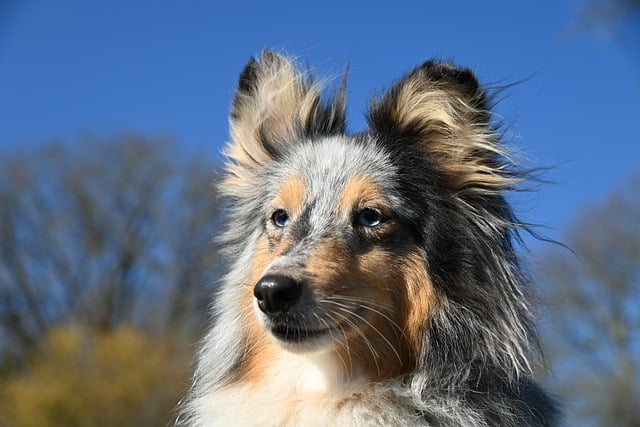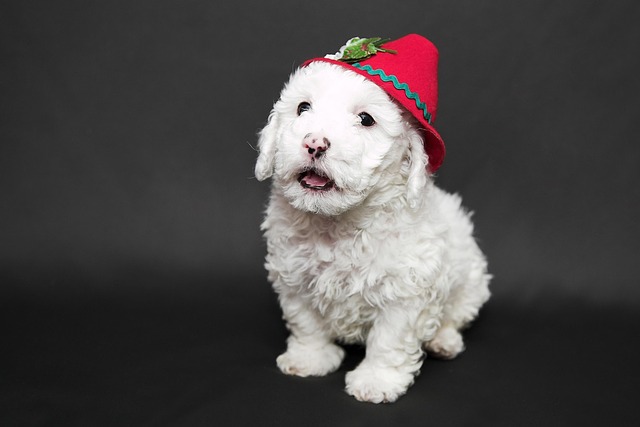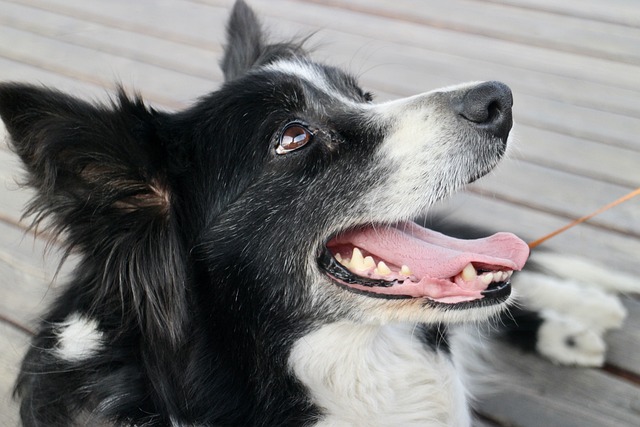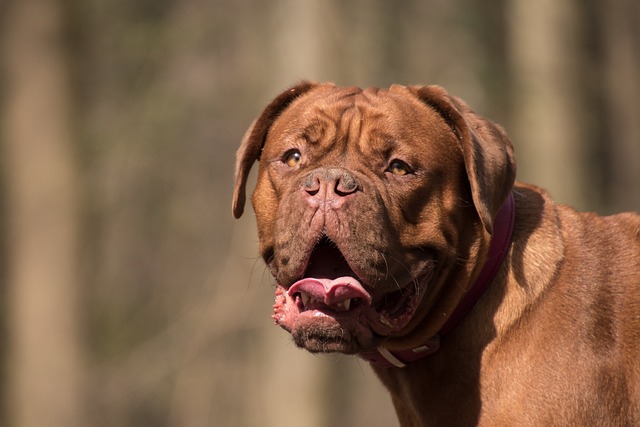
How do you punish an aggressive dog for biting
When you reach for your pup’s favorite chew toy—one they’ve been growling over for 10 minutes—and feel their teeth sink into your hand, sharp and sudden, panic mixes with hurt.
Dog’s endless zoomies and toy-tossing might seem cute at first, but when it turns into nonstop chaos—knocking over lamps or ignoring mealtimes—it’s time to help them find balance. Too much play can leave even the liveliest pup drained, cranky, or prone to scrapes from racing into furniture. It’s not about stopping the fun entirely, but guiding them to know when to wind down.
Start with a daily routine that feels like second nature. Pair their morning walk with your coffee break, and slot in 15-20 minute play sessions after lunch and dinner. Dogs thrive on predictability, so sticking to times helps them learn: “This is when we chase the ball, and this is when we nap.” And remember community rules—keep them leashed in public parks, pick up after them, and avoid roughhousing near homes during quiet hours to keep neighbors happy.
 Shift smoothly from play to calm. After a rousing game of tug-of-war, swap the rope toy for a stuffed Kong smeared with yogurt. Let them sniff around the backyard at a slow pace instead of sprinting. Softly say, “Settle, buddy” while patting their bed—over time, they’ll link that phrase to quiet time. Never yank a toy away to stop play; let their energy fizzle out naturally, and they’ll follow your lead.
Shift smoothly from play to calm. After a rousing game of tug-of-war, swap the rope toy for a stuffed Kong smeared with yogurt. Let them sniff around the backyard at a slow pace instead of sprinting. Softly say, “Settle, buddy” while patting their bed—over time, they’ll link that phrase to quiet time. Never yank a toy away to stop play; let their energy fizzle out naturally, and they’ll follow your lead.
Boredom often fuels nonstop play, so give their brain a workout. A puzzle feeder with kibble keeps them busy at mealtime, and 5-minute training sessions—teaching “sit” or “find it”—tire them out more than you’d think. Hide their favorite chew toy under a blanket and watch them nose it out; mental focus beats physical chaos any day, and it keeps them too occupied to bounce off the walls.
Praise the calm moments like they’re the best trick ever. If they curl up on their mat without being told, toss them a tiny treat and say, “Good settle.” If they start pouncing again, gently redirect with a soft toy and a calm “Let’s take it easy.” Dogs learn fastest from kindness, so scolding won’t work—consistent, happy rewards will.
Keep an eye on their cues. A yawn mid-play, slow tail wags, or wandering toward their bed? That’s their way of saying, “I’m done.” If they ignore these signs, check their sleep—adults need 12-14 hours a night, puppies even more. A well-rested pup is less likely to turn your living room into a race track.
Every dog is different. A Border Collie might need more play than a Pug, and a teen pup will have more energy than a senior. Be patient, tweak the routine if needed, and celebrate small wins—like them settling for 10 minutes on their own. It’s about building trust, so they know you’ll always make time for fun… and for rest.

When you reach for your pup’s favorite chew toy—one they’ve been growling over for 10 minutes—and feel their teeth sink into your hand, sharp and sudden, panic mixes with hurt.

How to correct a disobedient dog? It's a frustration nearly every dog owner faces—whether it's a pup ignoring your “come” command, a adult dog jumping on guests, or a rescue with stubborn habits.

The first crackle of fireworks on Independence Day sends your pup into a tailspin—pacing, ears flattened, barking so hard their whole body shakes, as if they’re trying to scare the noise away.

The Fourth of July backyard barbecue is in full swing when the first firework bursts—bright, loud, and sudden—and your dog explodes into a frenzy of barking

Waking up at 3 a.m. to your dog’s sharp barks, the sound echoing through your apartment, you fumble for your phone

There’s that familiar midnight struggle: you’re jolted awake by your pup’s nonstop barking at the window, the sound bouncing off your apartment walls as you check your phone